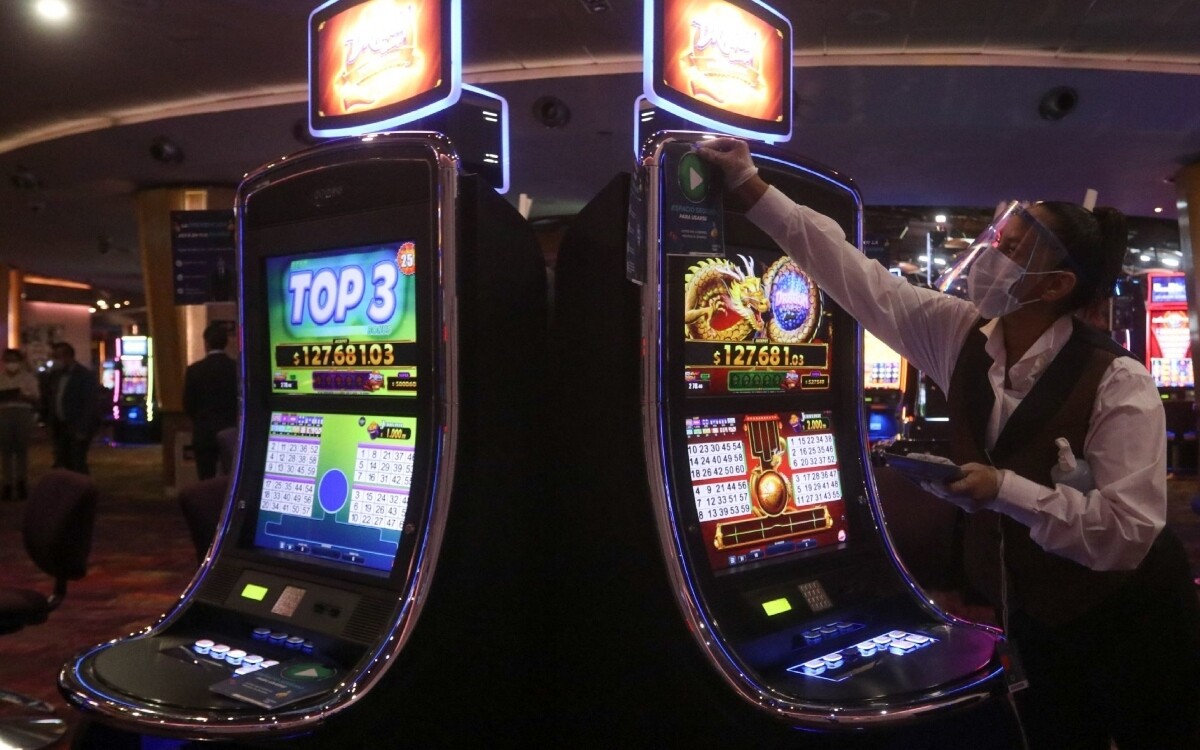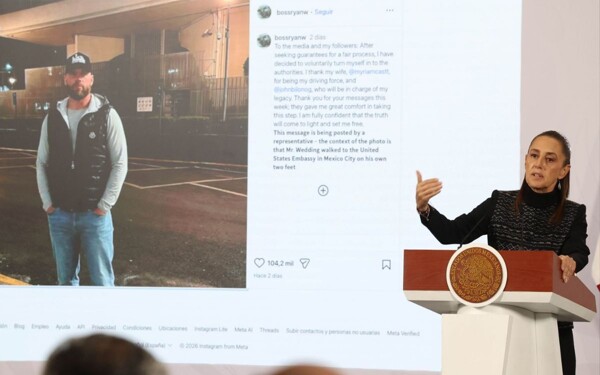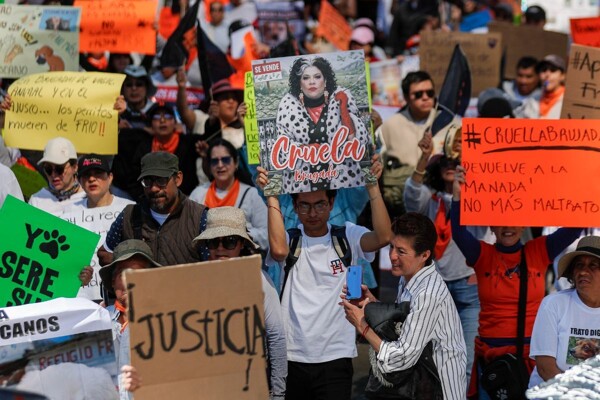
During the morning press conference by President Claudia Sheinbaum, the Secretary of Security and Citizen Protection, Omar García Harfuch, reported on intelligence operations that allowed the detection of irregular activities and possible money laundering schemes in physical casinos and digital betting platforms operating in eight states of the country, including Jalisco, Nuevo León, Sinaloa, Sonora, Baja California, State of Mexico, Chiapas, and Mexico City. "Physical and virtual casinos were analyzed, a sector that, due to its nature, presents significant risks of money laundering. — warned the official. — These types of operations are part of complex money laundering typologies that are replicated in various countries and require increasingly sophisticated detection mechanisms." The Ministry of Finance clarified in a statement released on Tuesday that 13 casinos with million-dollar cash operations and international transfers to countries such as the United States, Romania, Malta, Panama, and the United Arab Emirates were identified, many of them through unsupervised technological platforms. The federal government announced that this investigation marks the beginning of a new prevention stage, in which the UIF will implement predictive models based on artificial intelligence and sectoral typologies to detect unusual operations within the betting sector. The Ministry of Finance reported that these actions are being carried out in compliance with the recommendations of the Financial Action Task Force (FATF) and with the objective of shielding the Mexican financial system against money laundering. "We detected risk patterns, tax irregularities, and international financial links that affected the integrity of the financial system," explained the official. He detailed that the investigations, carried out in coordination with the Financial Intelligence Unit (UIF) and the Federal Public Prosecutor's Office (FPP), resulted in bank account freezes, suspension of activities, and closure of websites. He reported that complaints will be filed with the Attorney General's Office of the Republic (FGR) for operations with illicitly sourced resources. García Harfuch emphasized that the government maintains international cooperation with FinCEN and OFAC, agencies of the U.S. Department of the Treasury, to strengthen the detection of illicit financial structures. Casinos use young people, housewives, and retirees On the other hand, the Federal Prosecutor, Grisel Galeano García, explained the modus operandi of the detected money laundering networks. "The casino uses individuals, often young people, housewives, or retirees, whose identities are stolen or who are deceived to move money within the scheme," she said. According to the official, illicitly sourced funds were dispersed through prepaid cards or electronic codes, which were used to bet online or in physical establishments, and then transferred to accounts abroad to be laundered in tax havens. In many cases, the people whose names and accounts were used were unaware of participating in an illegal activity, as their data was obtained through identity theft or digital impersonation. The funds, once "awarded" or declared as winnings in the casino systems, were transferred to shell companies or financial intermediaries operating from different countries, which hindered their tracing and facilitated their reintegration into the Mexican financial system. Additionally, authorities detected that some unsupervised technological platforms allowed money flows to circulate through crypto-assets and international payment gateways, generating an additional layer of opacity. In these cases, the money was temporarily converted into digital assets to later be converted back into traditional currencies and return to the country with the appearance of legal income.













